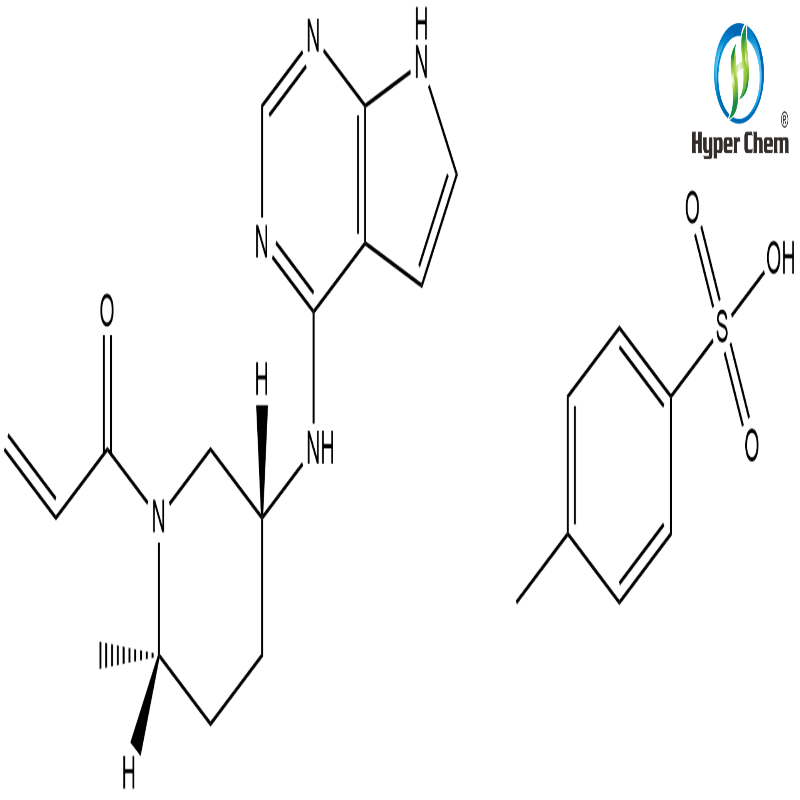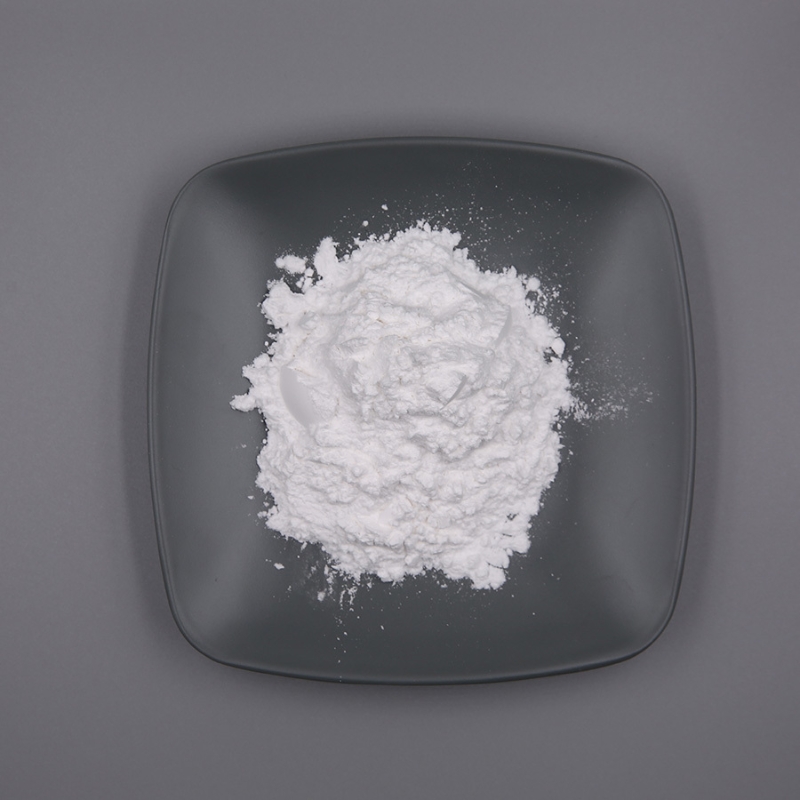-
Categories
-
Pharmaceutical Intermediates
-
Active Pharmaceutical Ingredients
-
Food Additives
- Industrial Coatings
- Agrochemicals
- Dyes and Pigments
- Surfactant
- Flavors and Fragrances
- Chemical Reagents
- Catalyst and Auxiliary
- Natural Products
- Inorganic Chemistry
-
Organic Chemistry
-
Biochemical Engineering
- Analytical Chemistry
-
Cosmetic Ingredient
- Water Treatment Chemical
-
Pharmaceutical Intermediates
Promotion
ECHEMI Mall
Wholesale
Weekly Price
Exhibition
News
-
Trade Service
12, 2020 /--- In a new study, researchers at Uppsala University demonstrated how the monoclonal antibody drug lysoxidant interacts with the blood of healthy people and patients with chronic lymphatic leukemia.
this analytical approach could pave the way for important breakthroughs in immunotherapy research and treatment.
, which uses the body's own immune system to fight tumor cells, is a rapidly developing field.
many new treatments are helping to improve survival rates for cancer patients, more effective tools are needed to predict how these drugs affect an individual's immune system.
a new study at Uppsala University, researchers compared the blood interactions between lysoxi monoclonal antibodies and healthy individuals and patients with diseases intended to treat the monoclonal antibodies.
results show that immunoactivation markers vary from group to group, a finding that could shed new scientific breakthroughs.
(Photo Source: www.pixabay.com) "Lytoxides are used to treat a range of B-cell malignancies.
monoclonal antibody binds to the CD20 protein expressed by B cells and attracts natural killer (NK) cells to attack tumor cells.
is specific and has few side effects, but when it binds to B cells, it can also activate proteins in the blood, sending red flags.
this can lead to cytokine release syndrome (CSR) - usually mild symptoms in the form of nausea and fever, but can also be life-threatening.
This uncontroactability is a major challenge, but our results suggest that our analytical approach can provide patient-specific information, so if we can understand an individual's specific response to antibody-based specific therapies, it will be an important tool for the entire immunotherapy field."
" said Sara Mangsbo of the Department of Pharmaceutical Biology.
their study, the researchers used complete human whole-blood models to analyze the immune response and the efficacy and toxicity of lysoxi monotherapy.
in healthy individuals, only a decrease in the number of B cells was observed.
, however, in patients with chronic lymphatic leukemia, the number of B-cells and CRS was observed to varying degrees, except in one patient without NK cells.
results give us a better understanding of what happens when lysoxids are present in the blood of patients with chronic lymphatic leukemia.
" immunotherapy is increasingly being used to treat a variety of cancers, but we need better ways to predict the side effects and risks of individual treatments before treatment begins.
such analytical tools can be of great value to both the healthcare system and patients.
mattias Mattson, a consultant physician at the Haematology Clinic at Uppsala University Hospital, said the use of the human whole blood model meant the analysis considered all the immune cells circulating in the blood, as well as many proteins and metabolites present in the serum.
, the method adds a new dimension to the analysis results.
" understanding of the mechanisms and resistance associated with monoclonal antibody-based drugs requires physiologically relevant tools and methods.
here, we worked with Uppsala University to study how blood rings can be used for immunologic analysis of blood and drugs.
results show that when blood and drugs interact, there is an immune response to a particular disease.
suggests that the blood circulation can be used in individual therapy and preclinical studies to identify and understand the toxicity risk of monoclonal antibody-based drug candidates.
" (Bioon.com) Source: New analysiss method for predicting the risks and effects of the original source of immunotherapy: Profiling of donor-specific immune effector signatures in response to rituximab in a human blood blood loop assay us blooding from CLL patients. International Immunopharmacology. doi.org/10.1016/j.intimp.2020.107226。







